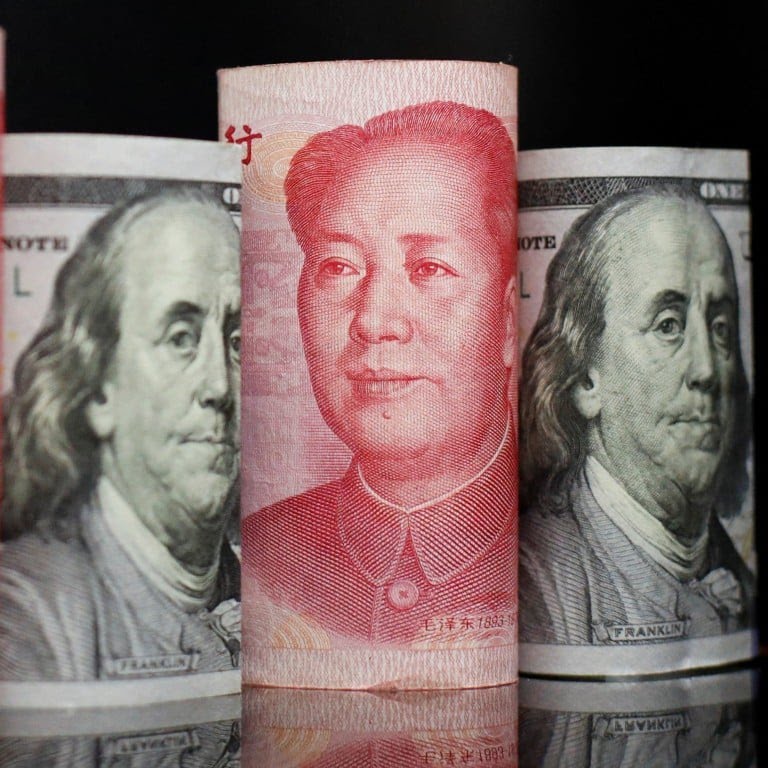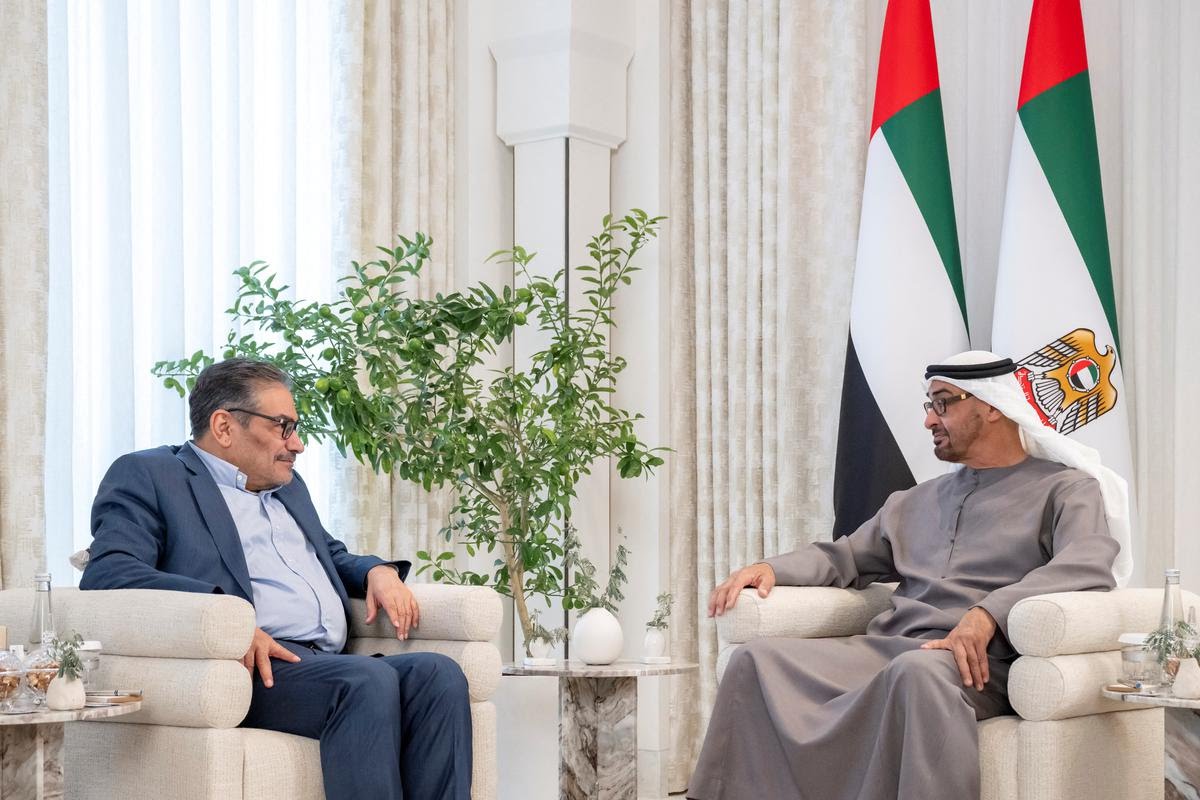Brazil, the largest country in South America, now has more yuan than euro in its foreign reserves, making it the second-largest currency. It is increasingly using the yuan for settlements in commerce and investment as China’s tenth-largest trading partner and a major source of iron ore and soybeans.
Russians have mostly shifted to using the yuan as their preferred currency as a result of Western sanctions and their exclusion from a large portion of the global financial system.
With practically all of the major banks accepting deposits and services in yuan, it has displaced the US dollar as the most traded currency in the nation. As Vladimir Putin, the president of Russia, discussed the results of his meeting with Xi Jinping in Moscow.
This Monday, the state-owned China National Offshore Oil Company (CNOOC) and France’s TotalEnergies concluded their first transaction in yuan, involving 65,000 tonnes of liquefied natural gas (LNG) from the United Arab Emirates.
The Chinese side claimed it would establish a new standard for dealings in the future, while the French oil company claimed it was done at CNOOC’s request.
The Saudis are experimenting with utilising the yuan to sell the Chinese additional oil in the meantime. Some commentators, particularly nationalistic Chinese, like to predict the arrival of the “petro-yuan” or “almighty yuan.”
Nonetheless, rumours that the all-powerful dollar or petrodollar is on its way out are vastly overblown.
Foreign international law and trade regulations: The US currently imposes sanctions at will on people, organisations, and nations, and immediately bans them from participation in the global financial system.
And it feels free to tell nations and businesses around the world who they can and cannot trade with now, too. That goes much beyond the standard definitions of unilateral sanctions and embargoes.
Strangely, Washington always talks about defending “the rules-based international system” even as it breaks international law and trade regulations.
Additionally, the US may easily seize a country’s state assets, as Russia, Afghanistan, and Venezuela have discovered, or it can order an ally like Britain to do so. Of course, Cuba was well aware of it in the 1960s.
Hence, even though the yuan has a long way to go before it becomes a major reserve currency and trade currency, its replacement as a choice for governments and other entities that are not on good terms with Uncle Sam might be highly practical and useful.
Of yet, due of the special status of the dollar, Washington may still have a long time to take advantage of its financial position on the international stage by amassing national debts that would be unfathomable for any other nation without triggering uncontrollable inflation.
Almost 70% of the world’s currency reserves were in US dollars at the turn of the century. Even with all the talk of de-dollarization today, the percentage is still just barely below 60%. The yuan, however, barely accounts for a meagre 3%. So maybe the US may be smug and complacent about it.
Nonetheless, things may develop gradually for some years before abruptly collapsing once an unpredictable threshold is crossed. “There are decades where nothing happens, and there are weeks where decades happen,” allegedly stated Lenin. It holds true for both financial regime changes and collapse as well as revolutions. And they almost always appear out of the blue.
















